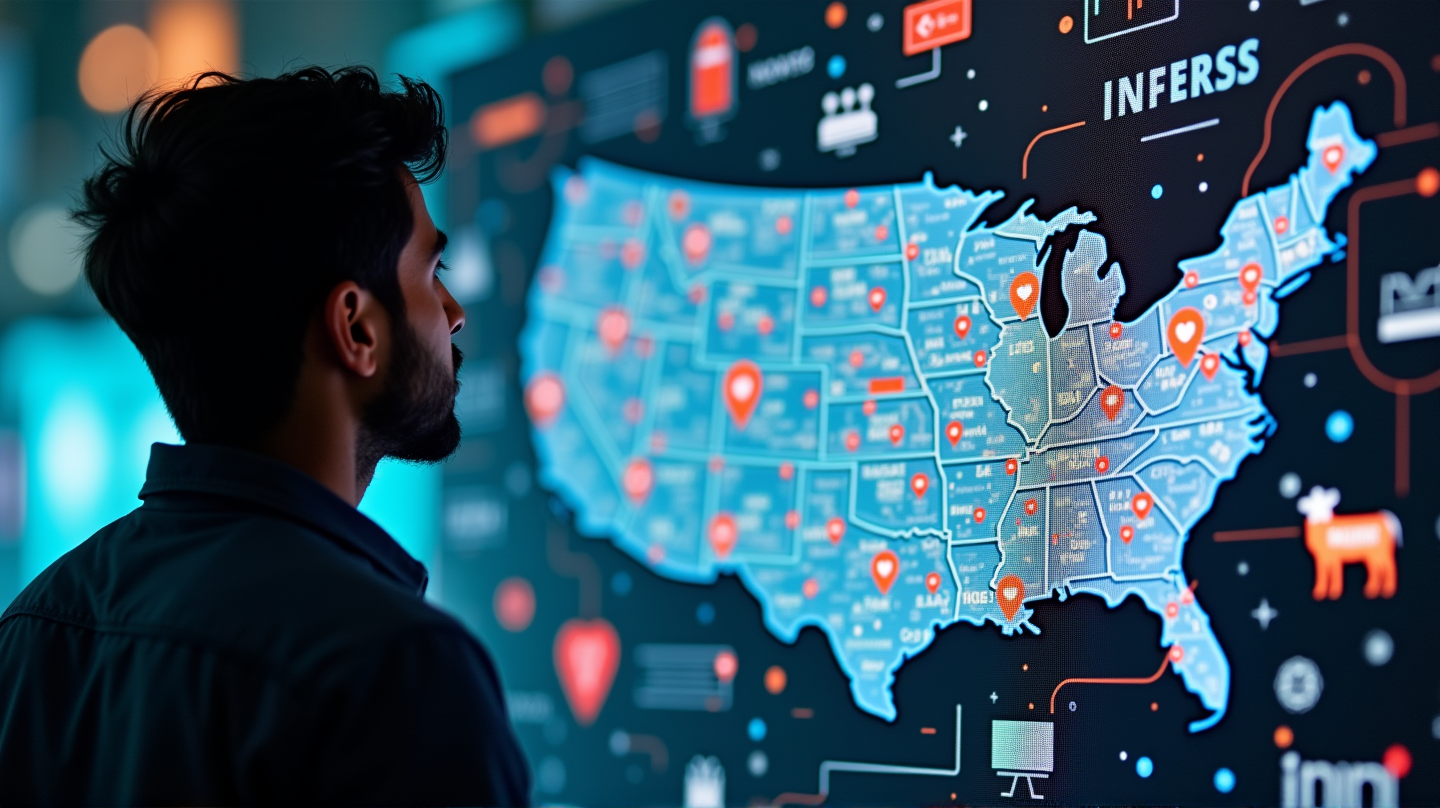Visa Restrictions Shake Up: The Shifting Sands for Indian Techies in the US
Delve into the impacts of H-1B visa changes on Indian tech professionals and the broader implications for US innovation.

In recent years, the entire landscape of immigration policy in the United States has transformed dramatically, adding layers of complexity for Indian tech professionals eager to carve out their mark in the American marketplace. What began as a need for oversight has burgeoned into a restructuring that might inadvertently weaken America’s tech dominance while galvanizing India’s.
Political Shifts and Regulatory Overhaul
The former Trump administration ushered in wide-ranging changes to the H-1B visa system, pivoting from a lottery-based approach to a nuanced points-based mechanism. Designed to prioritize high-paying, elite roles, this recalibration has far-reaching consequences. Critics argue it erects barriers that sideline talented Indian professionals, raising daunting financial and procedural hurdles. As stated in OpenTools, this poses risk to America’s longstanding technological superiority.
Social Hostility and Economic Impact
Discussions regarding these policies do not merely occur in political corridors. They echo across social media spaces, witnessing heated dialogues about job security and fairness. The palpable undercurrents of anti-immigrant sentiment have been emboldened, sowing insecurity among Indian professionals whose innovations power industries like AI and semiconductors. This environment fosters an unintended reverse brain drain, complicating international relations between the US and India amidst transactional diplomatic exchanges.
The Role of Indian Talent in US Tech
Indian tech experts have been pivotal in pushing the frontiers of US innovation, particularly in STEM areas critical for maintaining technological leadership on the global stage. These shifts in immigration policy are argued to threaten the replenishing talent pipeline that feeds such innovation. According to OpenTools, policies that curb this flow might slow America’s pace of groundbreaking advancements, leaving the door ajar for other nations to step to the forefront.
Visa Policy Reforms: Balancing Act Required
As the tug-of-war over immigration policy persists, industry leaders advocate for a middle ground that recognizes the critical contributions of foreign talent without sacrificing domestic job security. It’s a balance that requires carefully crafted policies to propel both national and global growth in a symbiotic manner. The ongoing debate emphasizes the crucial nature of crafting reforms that don’t just reflect immediate political pressures but foster sustainable innovation.
Looking Ahead: Predictions in the Policy Landscape
The future of America’s tech sphere possibly hinges on re-evaluating these rigid immigration frameworks. While present policies may cater to short-term political influence, a longer view suggests elevating innovation through a marginalized multicultural workforce might reignite global competitiveness. Industry stakeholders, as per OpenTools insights, thunderously echo the need for modernized strategies that harmonize national priorities with international collaboration.
Conclusion: Framing Tomorrow’s Vision
As this immigration narrative evolves, American policymakers grapple with the imperative to construct frameworks accommodating talent flux, ensuring both innovation and national interest thrive hand in hand. Indian professionals remain integral to this narrative, illuminating the concentric circles of beneficial impact that strategic immigration policies can unleash—a resonant reminder of what can flourish when minds and borders open freely.





